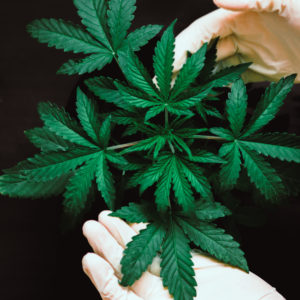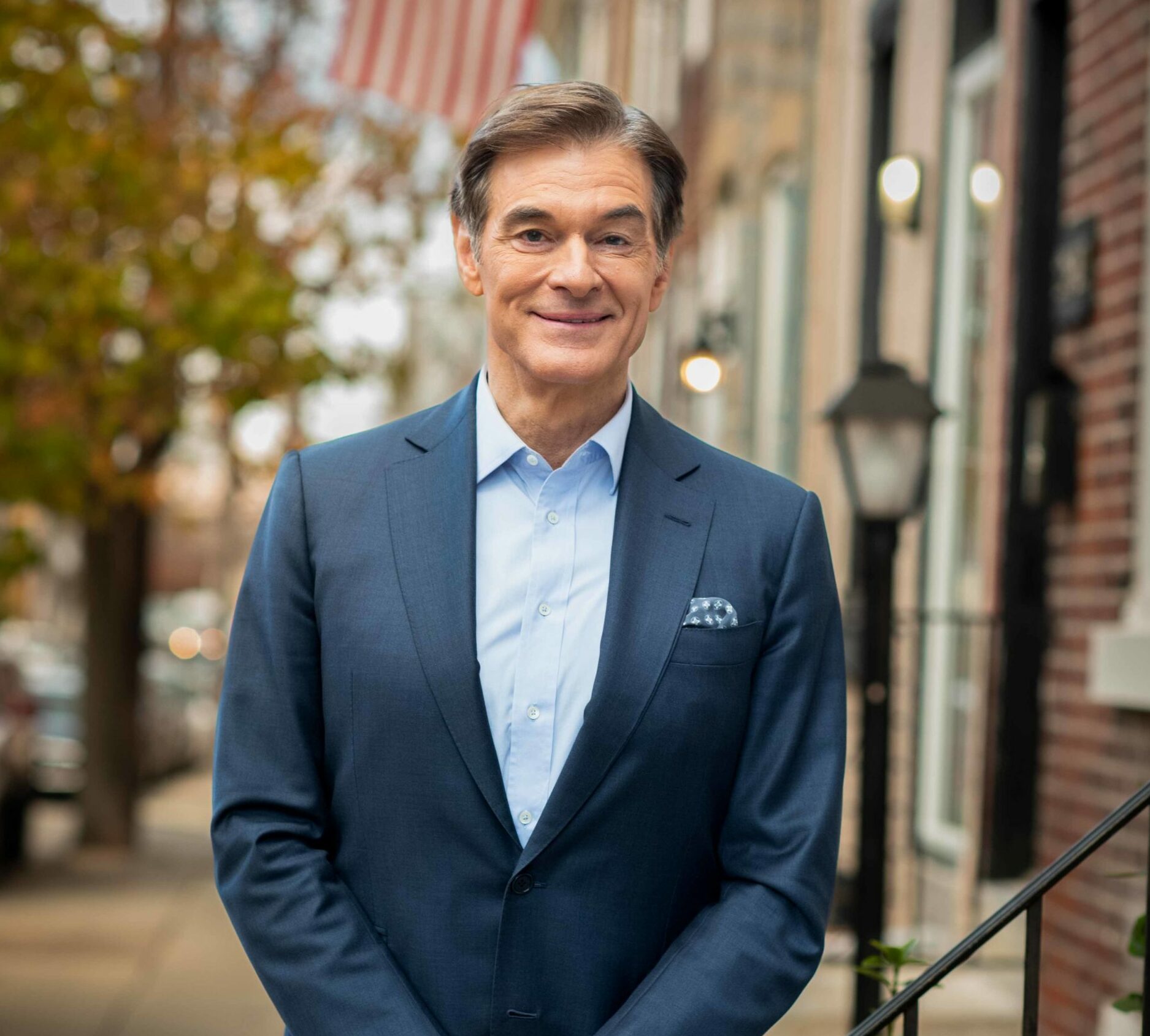‘An Apple Isn’t Enough:’ Camden Dispensary Gives Teachers Discount on Pot

The Camden Apothecary Dispensary & Wellness shop is offering a 10 percent discount for teachers who buy marijuana there.
“Because sometimes an apple just isn’t enough,” its Facebook ad says.
While the line is meant to be funny and grab attention, pharmacist and owner Tony Minniti, 54, seriously wants to help people. Minniti started working in his grandfather’s drug store at 14. When his family’s business bought Bell Pharmacy in 1997, he found an old bottle of prescription marijuana from the 1930s.
So when New Jersey legalized marijuana for adults over 21 in 2021, he was happy to add a marijuana dispensary next to his pharmacy.
Minniti’s parents were teachers, and his wife is an assistant superintendent, so he knows firsthand how much anxiety the job can bring.
“Obviously, we wouldn’t want teachers to be under the influence of anything while they’re teaching,” Minniti said. However, many of his patients are taking strong prescription medications for anxiety, depression, or insomnia. And those patients might be able to benefit from using marijuana, with their doctor’s permission, instead of more potent pharmaceuticals, he said.
And while other marijuana dispensaries offer discounts for first responders and veterans, he thought teachers should also have a discount.
“Those in the education field have an extremely stressful environment,” Minniti said. The discount “makes it more affordable for them to avail themselves of something that may help.” Over the years, he’s seen teachers “wrestle with and cope with stress.”
Marijuana is not covered by health insurance and remains an illegal drug under federal law. Sen. John Fetterman (D-Pa.) joined 10 other Democratic senators in a letter to the Biden administration Tuesday asking that it be legalized. Fellow Democratic Pennsylvania Sen. Bob Casey, who is up for re-election this year, did not sign the letter.
“Thus, the DEA should deschedule marijuana altogether. Marijuana’s placement in the CSA (Controlled Substances Act) has had a devastating impact on our communities and is increasingly out of step with state law and public opinion,” according to the letter which Sens. Elizabeth Warren (D-Mass.) and Bernie Sanders (I-Vt.) also signed.
Minniti said marijuana can be used to treat pain for cancer patients and others with chronic pain conditions instead of opioids, which can be very addictive. And people feel comfortable talking to pharmacists about whether they should try marijuana for their conditions.
Some of the other pharmaceuticals commonly prescribed for anxiety can change people’s brain chemistry, he noted. Many, like Xanax, are recommended for short-term use, yet people often stay on the drugs for much longer. Patients using Ambien for insomnia often stay on it for lengthy periods, he said. But marijuana might help them instead with fewer side effects.
“Why not have that conversation?” asked Minniti. Marijuana can also treat opioid and alcohol addiction, he said.
Minniti acknowledged that “a lot” of his customers come over the bridge from Pennsylvania to buy marijuana. But he noted that Pennsylvanians also cross over to New Jersey to buy liquor and cigarettes, which they’re not supposed to. And, by New Jersey law, they don’t keep their marijuana clients’ contact information.
“I’d ask if the discount would be larger if a bunch of us got together and bought in bulk,” said retired teacher Carol Bassetti, a Cheltenham resident. “I definitely agree with their motto.”
Older people are more comfortable going to a dispensary that is part of a pharmacy rather than a freestanding marijuana store.
“What we try to bring is a health-related focus,” said Minniti. “More so than clerks in the liquor store (for those who are self-medicating with alcohol). We bring a serious medical approach. It’s not Cheech and Chong. There is the potential to help a lot of people.”





